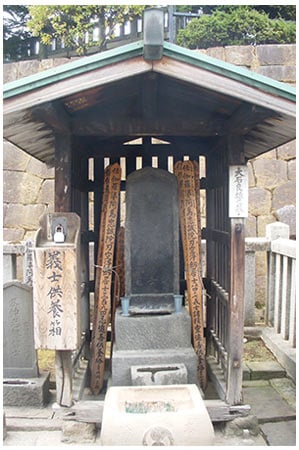I often write about how Japanese people are the most polite in the world, which can be understood pretty well using three Japanese terms. First is the “golden rule” that you should never cause meiwaku (inconvenience, annoyance) to others, followed by the idea of enryo (“social hesitation,” which I discussed last time), which is why Japanese people will usually not eat the last piece of pizza, insisting that they’re full and that someone else should eat it. Finally there’s gaman, meaning to stoically endure an unpleasant situation rather than confront it openly, which the Japanese consider to be a positive personality trait. Not everyone subscribes to the idea that unpleasantness should be silently tolerated, for example my Japanese wife. The other day I was having lunch with her, when we noticed that the air conditioning in the restaurant we were in was too cold. While everyone around us shivered but said nothing, she charged off to find a member of the restaurant staff — but finding no one, she located the air conditioning controller and changed the setting herself.

Pizza and politeness go together in Japan.















